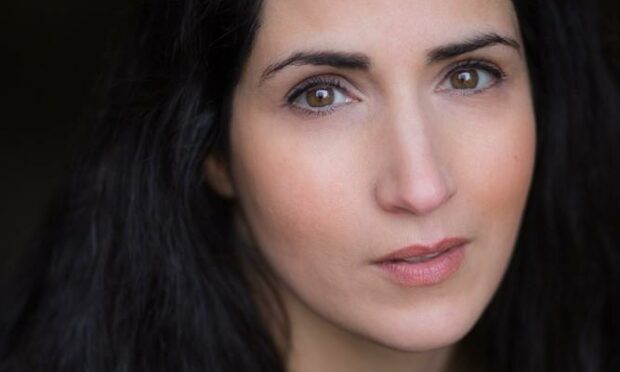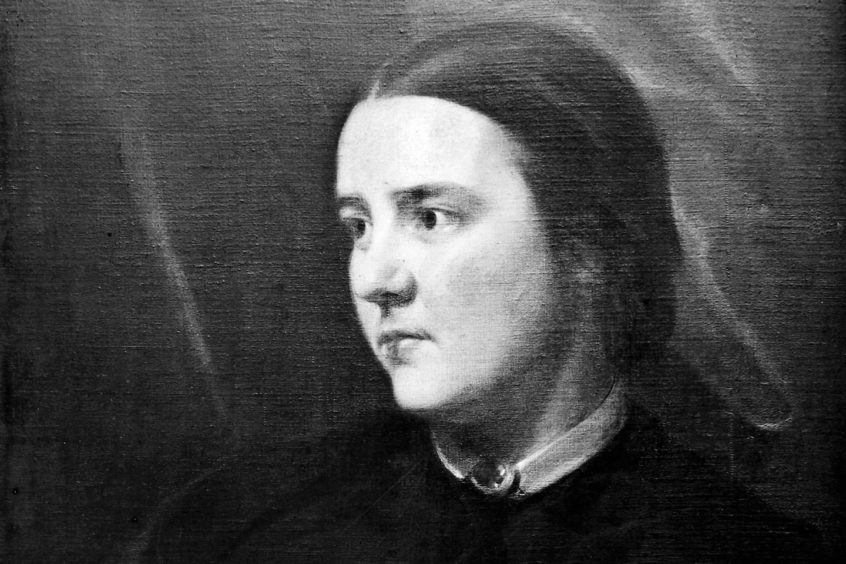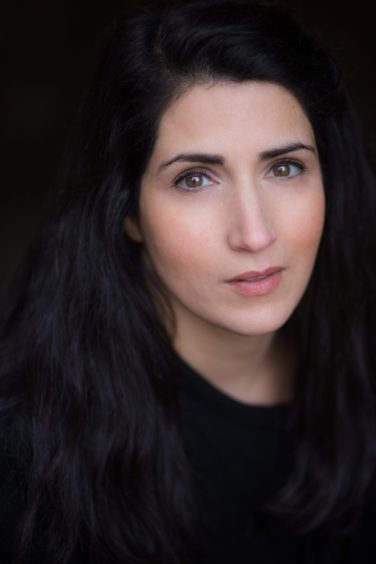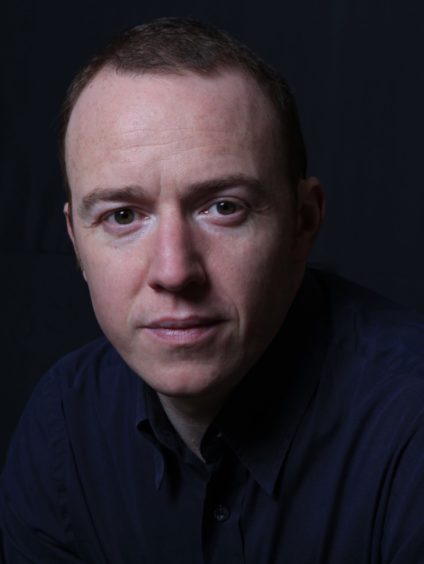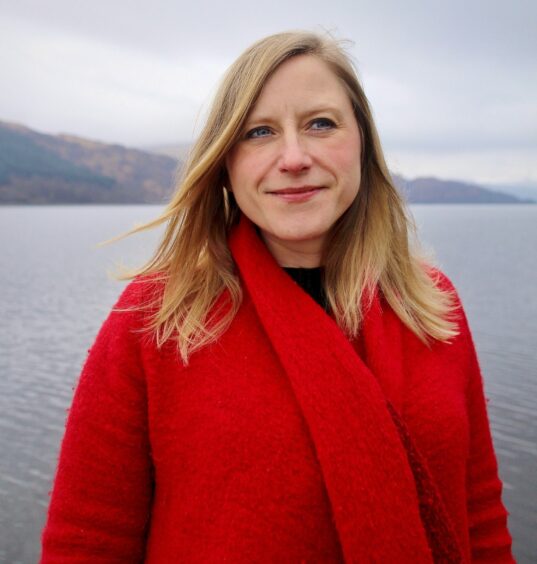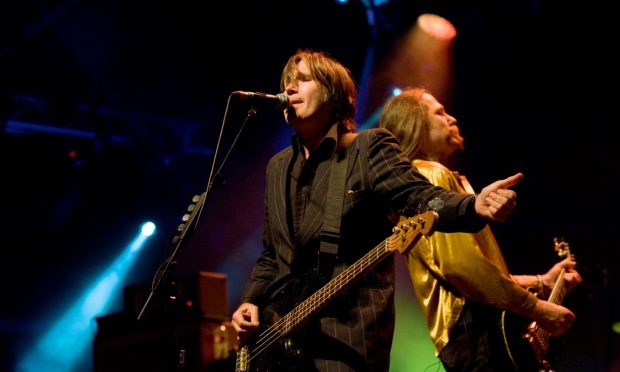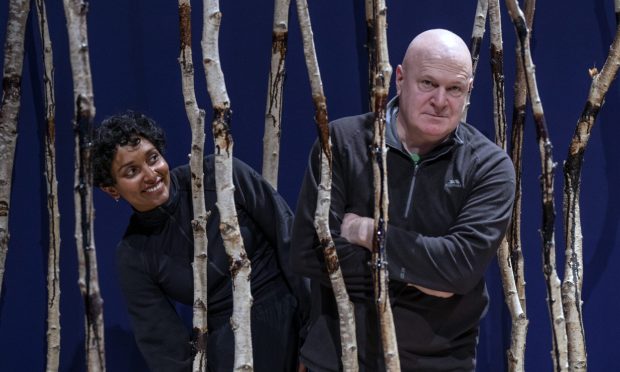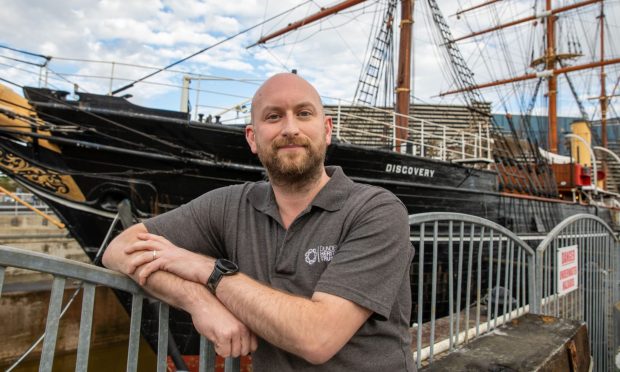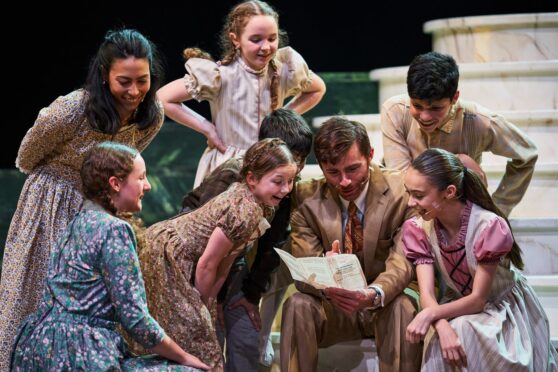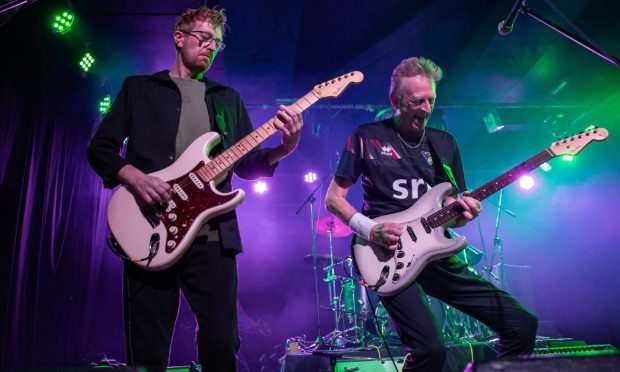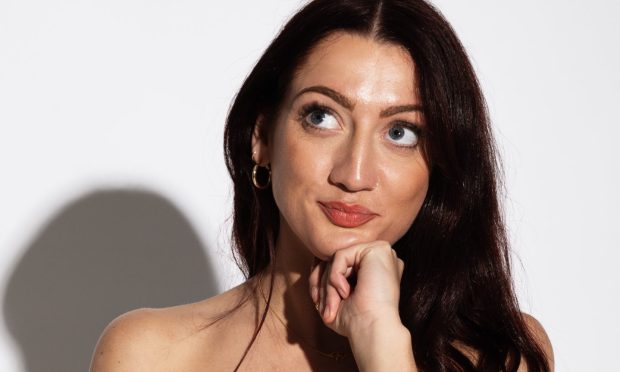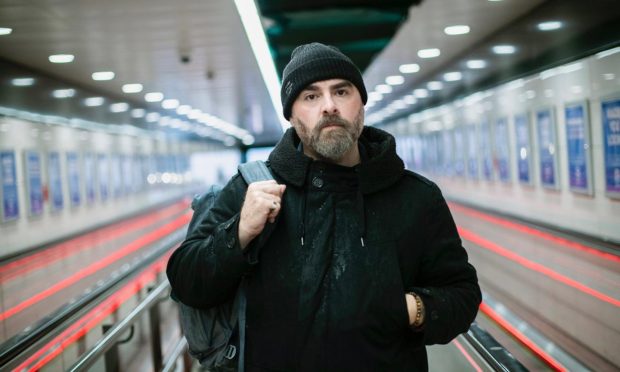She was the formidable woman who battled for a woman’s right to a medical education and license.
Now the story of Sophia Jex-Blake, who became the first practising female doctor in Scotland, is being told in a new play based on her life.
The Pitlochry Festival Theatre Royal Lyceum Edinburgh in association with Naked Productions production of Sophia will premiere on the new audio-digital platform Sound Stage from August 27 to 29.
In 1869 Blake applied for admission to the Medical Faculty of Edinburgh University, only for her application to be rejected on the grounds that the university could not make the necessary arrangements “in the interest of one lady”.
Playwright Frances Poet’s inspiring new play tells the story of Blake’s campaign and the struggles for her and her fellow women (who were known as the Edinburgh Seven) to secure the right to a medical education.
Symbolic
In an interview with The Courier, River City actress Maryam Hamidi, who plays medical education campaigner and Edinburgh Seven member Isabel Thorne, admits the story of Sophia Jex-Blake had “totally passed her by” before the play came along.
However, the fact that more than a century later the story remains largely unknown is symbolic, she says, of why the fight for gender equality goes on.
“If you look at the calling of people who really believe in medicine as their practice – it was not something that could be brushed away by these seven women, and they really had to fight for it,” she says.
“Every inch of that journey was a huge battle. Not being able to be lectured in the same space as the men, and just the constant obstacles they faced was astonishing.
“What we’ve witnessed (with the NHS) in the last 18 months has just highlighted that medical training even today is such a challenging thing and pushes people so far. We are very lucky to have people committed to that.”
While Sophia is played by Madeleine Worrall (Jane Eyre and Peter Pan, National Theatre), Maryam’s character Isabel faced the additional complication of being a mother and wife during those Victorian times.
“It was a time when once you were married, that was it,” says Maryam, adding that while Isabel sacrificed her own medical qualification, her daughter – played by Frances Poet’s own daughter Elizabeth Poet – was driven by their tenacity to become a female doctor herself.
Given that Sophia was also a lesbian, Maryam says it’s not just a story of defining progress made in the medical history of women but it’s also about “acknowledging queer identity at that point in Victorian Britain too”.
Facilitator
Dundee-born actor Robin Laing (DI Donald in River City and star of Band of Brothers) plays the Lord Provost and Mr Russel in Sophia.
He explains the Lord Provost is largely a “facilitator” for the story and thinks it’s important the female characters are the main focus.
“He’s not unsympathetic,” says Robin. “He tries to be as fair as he can. But he’s trying to facilitate the two sides of the argument between Sophia and Scottish toxicologist Robert Christison (played by Paul Higgins from Line of Duty and The Thick of It).
“Christison was very much against the admission of women. Alexander Russel, meanwhile, was the journalist who was very sympathetic – as a lot of people seemed to be at the time. It was a time of great shifting attitudes.
“I suppose Christison being that bit older represented the older generation and Russel being of the new generation represented the beginning of that progressive and I guess what you’d call reconstructed men who believed in women and everyone being equal as human beings rather than women to be tolerated or allowed certain freedoms under certain rules.”
Maryam adds: “I think it’s interesting about the balance Frances has given those voices.
“It’s not just a modernist male negativity. There is nuance in the sense of as in today that we have people that are holding on with their hands to the past and what they perceive as some superior past versus actually letting go and evolving into the present and the future.
“Obviously people that are more relaxed about change and the idea of change is not necessarily a bad thing. It certainly feels like the men folk as well in that context were along a spectrum of viewpoints.”
Care and attention
Maryam says she enjoyed the “care and attention” given to the remote Sound Stage recording process, like radio, while Robin adds it was great the technology allowed them to see each other as they recorded.
They are also full of praise for Frances Poet. Robin made a short film with her previously while Maryam has been mentored by Frances as a playwright.
Frances had painted together the Sophia story elegantly with a lot of feeling”.
*Sophia will premiere on Sound Stage from August 27-29. To book tickets visit www.pitlochryfestivaltheatre.com and www.lyceum.org.uk
